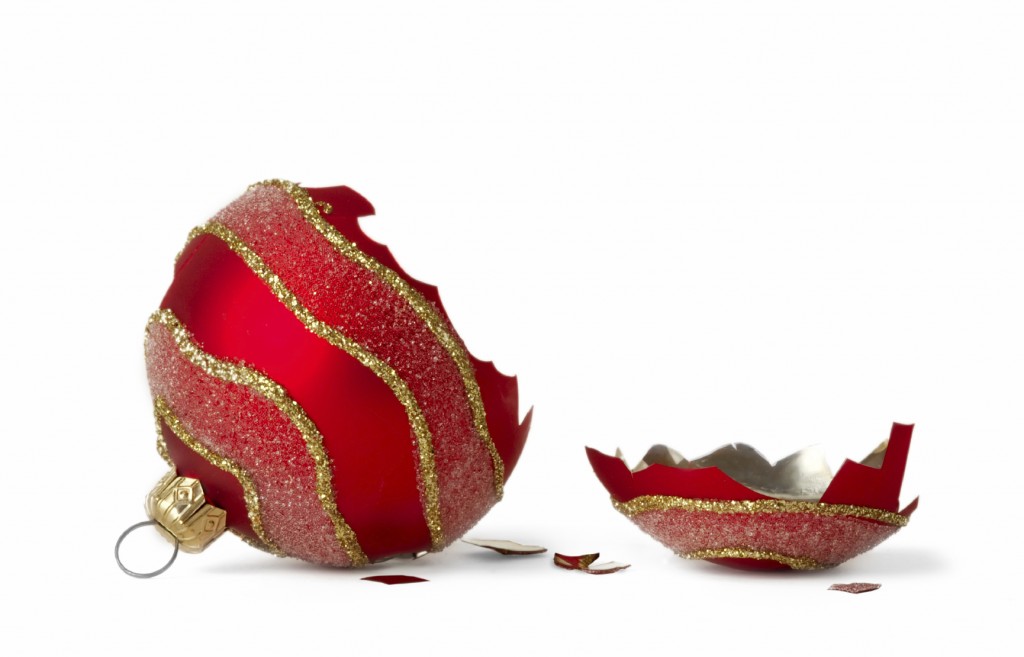Reflecting back on the last year, I have some regrets. Don’t you? I should have exercised more–I gained seven pounds while writing my book. Ugh! I also failed to do some things I said I would and let some people down.
Anticipating this new year, I fear the collapse of the economy. I’m worrying about how my new book will be received and hope that I can get my house de-cluttered. I tell myself only then, I’ll be able to relax.
I’m not alone. I find people have a hard time living in the moment. Here are two things that I’ve found helpful.
Learn to live wholly in the moment
Some of us live ahead of ourselves, wanting to be out of the moment we’re in. We’re anxiously dreading or expectantly hoping for the future moments to come. Perhaps you catch yourself saying things like, “When this happens, then I will…” or “When this is over, then I can…”
Others live looking backwards, regretting past mistakes or reliving past hurts or failures. “If only I hadn’t done this…” or “If that never happened, then…”
If you’re the person who lives looking backwards by second guessing yourself, regretting mistakes or nursing past hurts, it hinders you from living in the present and experiencing life now. Neither can you fully participate in the moment if you’re always waiting for future moments to come, whether anxiously hoping or anxiously dreading. You’re still anxious and not being in the moment.
The only moment we are guaranteed of is the present one.
And, as we learn to live in that moment, we have important choices to make. Will we live in fear or in faith? Will we live for ourselves or for God? Jeanne Guyon advises,
“What is abandonment? It is forgetting your past; it is leaving the future in His hands; it is devoting the present fully and completely to your Lord. Abandonment is being satisfied with the present moment, no matter what that moment contains. You are satisfied because you know that whatever that moment has, it contains—in that instant—God’s eternal plan for you.”
Learn to Live Holy in the Moment
One year, my sister Pat decided she wanted a flower garden. However, she was not interested in doing any of the work involved in flower gardening. Instead, she went to the local craft store, bought lots and lots of silk flower bushes and planted them in her soil and pots outside her home.
People would drive by and admire her beautiful flowers that never seemed to wilt. She got a chuckle watching the startled faces of those who walked past her home for a closer look when they discovered that the flowers they were admiring weren’t real. Sometimes in our Christian life, we want to look good to others, but don’t want to put forth the work involved in learning to live a life that pleases God. We want the admiration from our Christian brothers and sisters that we’re doing pretty well and have spiritual fruit in our lives. Unfortunately we can never let them get too close, because then they too will discover that we are fake—we have no real roots.
Holiness is not a life full of good works, or even necessarily of right living. Holiness comes out of a right relationship with God. “Holy holiness is a relational holiness—it is God’s overwhelming presence in my life, causing me to want to do what He wills as He gives me the strength to do it, however imperfectly I may live it out.” True holiness recognizes our utter dependence upon God and his grace to live a life that pleases him.
What can we offer God that pleases him the most? He needs nothing from us. What pleases him is when we offer him our sins, our trust, our love, our will and our hunger and thirst in every moment of our lives. It pleases God when we acknowledge that we are incomplete without him. John Piper says, “God is most glorified in us when we are most satisfied in him.
My challenge to you and to myself this year is to live wholly in the moment and to live holy in the moment.






















